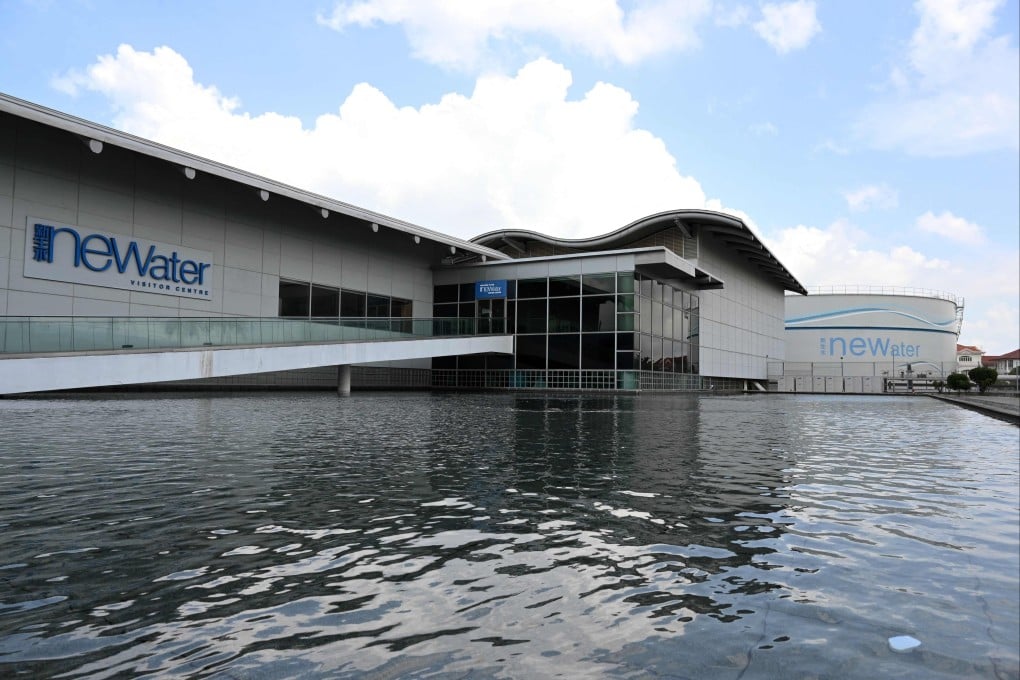Letters | Singapore and Malaysia must deepen efforts to end long-running water dispute
- Few disputes between Malaysia and Singapore have had more impact than the disagreement over how much Singapore should pay for water from Malaysia
- Finding an amicable solution through negotiation, as well as the possibility of dispute resolution through arbitration, is important for both countries

This was followed by an agreement in 1990 to construct the Linggiu Reservoir to increase the yield of the Johor River. Both agreements will expire in 2061.
However, conflicts started around 2000 when Mahathir Mohamad was Malaysian prime minister. Malaysia initially suggested price increases of raw water to 45 sen per 1,000 gallons, but Mahathir later insisted on charging Singapore 60 sen per 1,000 gallons and then proposed further increases.
Officials on both sides exchanged letters until August 2002, when the state government of Johor officially sent a notice to review the water price. Singapore’s Public Utilities Board replied in October, reserving its right to negotiate through a mutual agreement between both governments.
Singapore’s position has been that Malaysia’s chance to review the water price has expired because it did not do so after 25 years, as stipulated in the agreement. Malaysia interprets that stipulation to mean it can review the price any time after 25 years.
